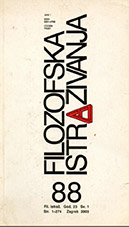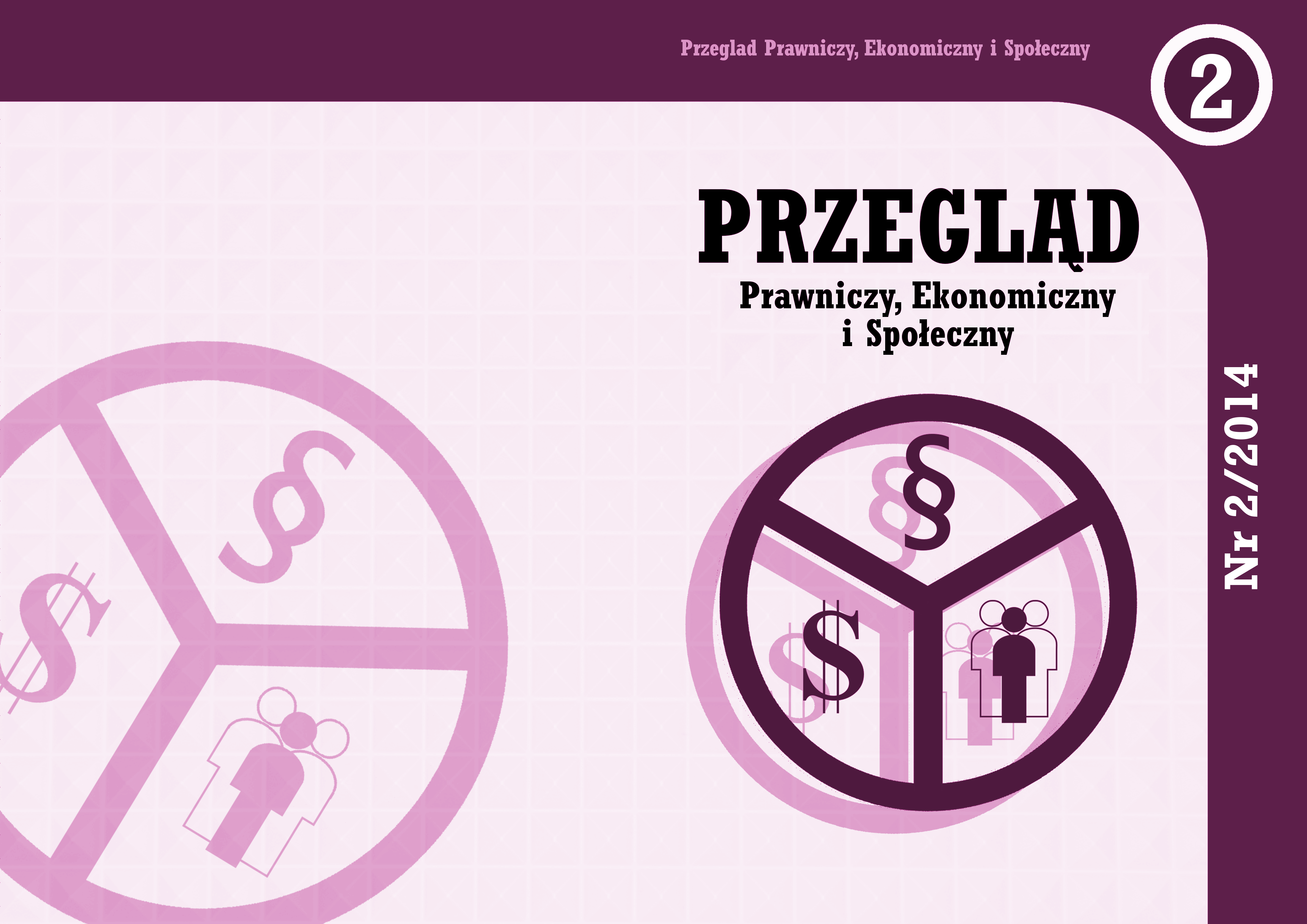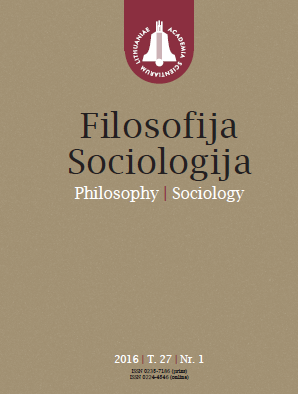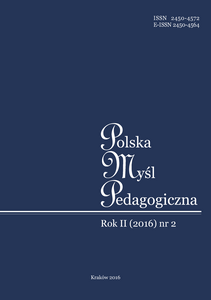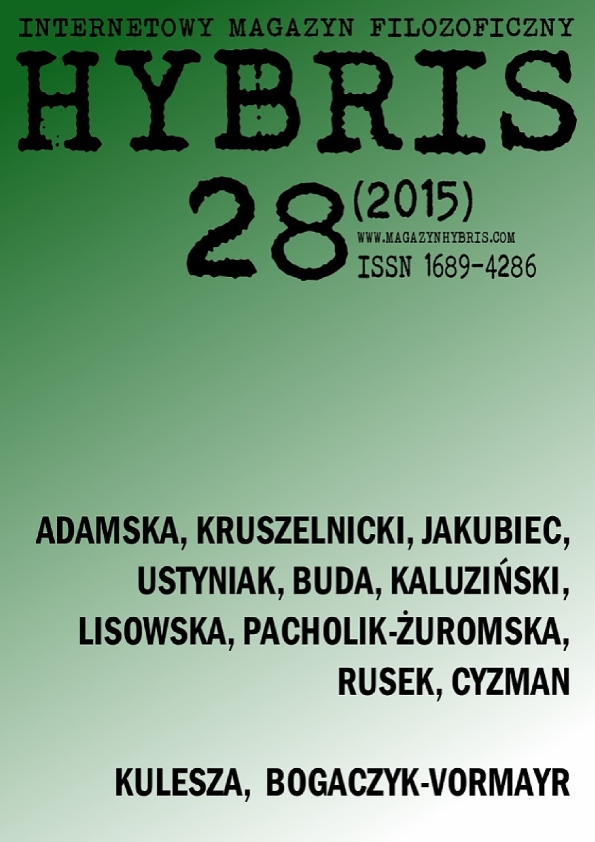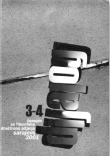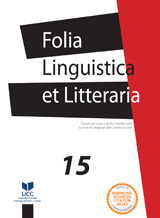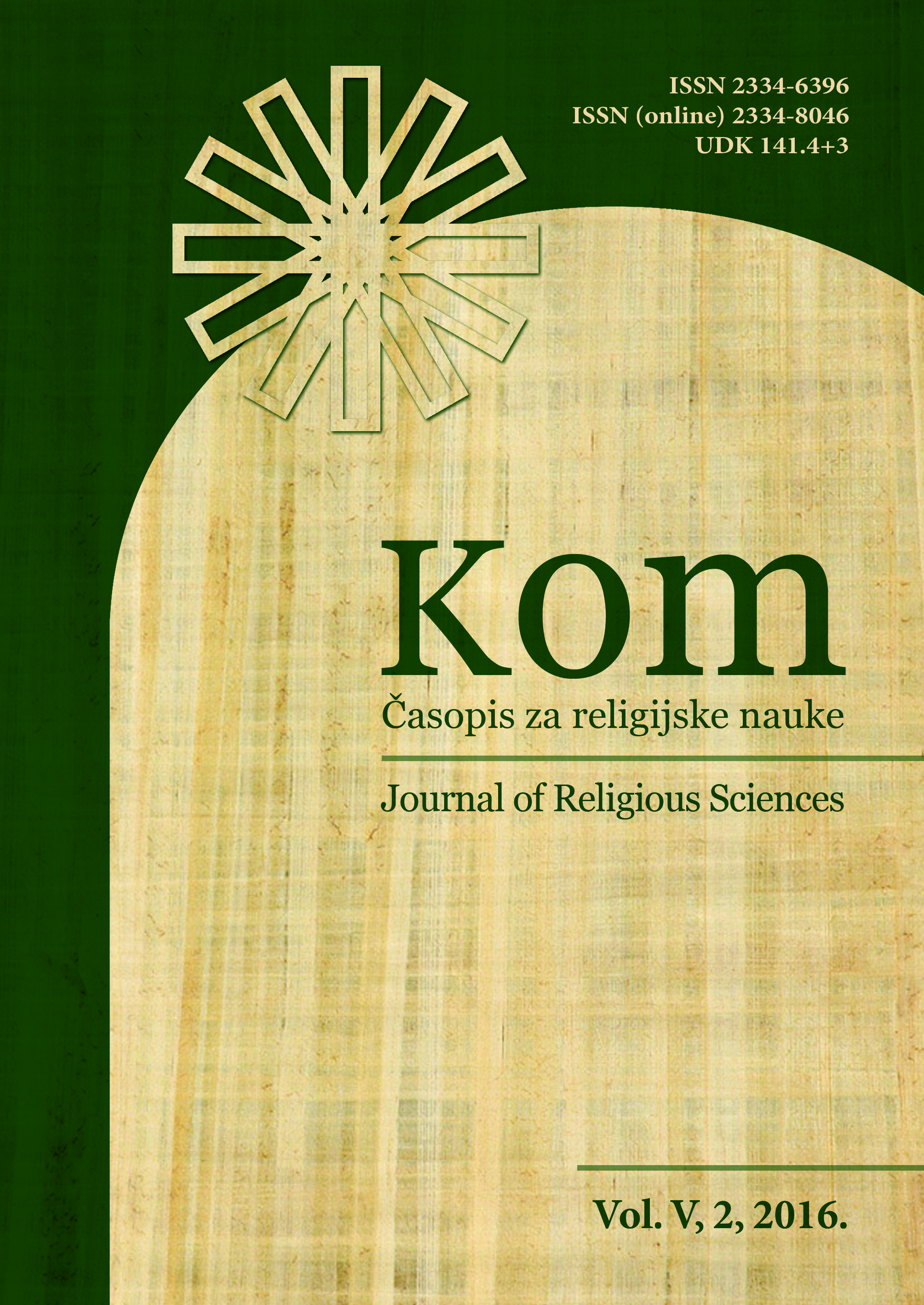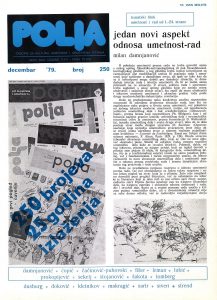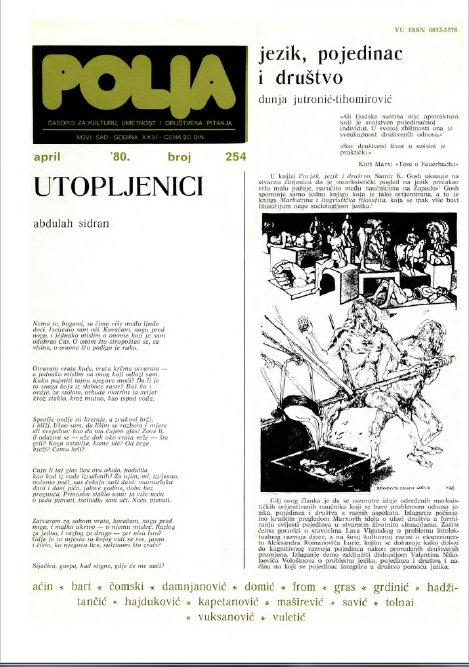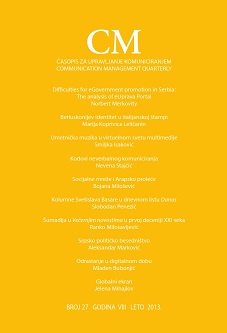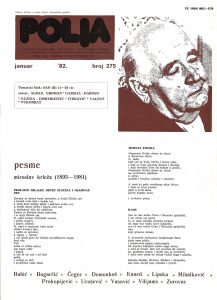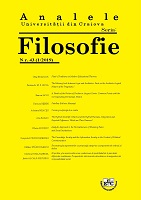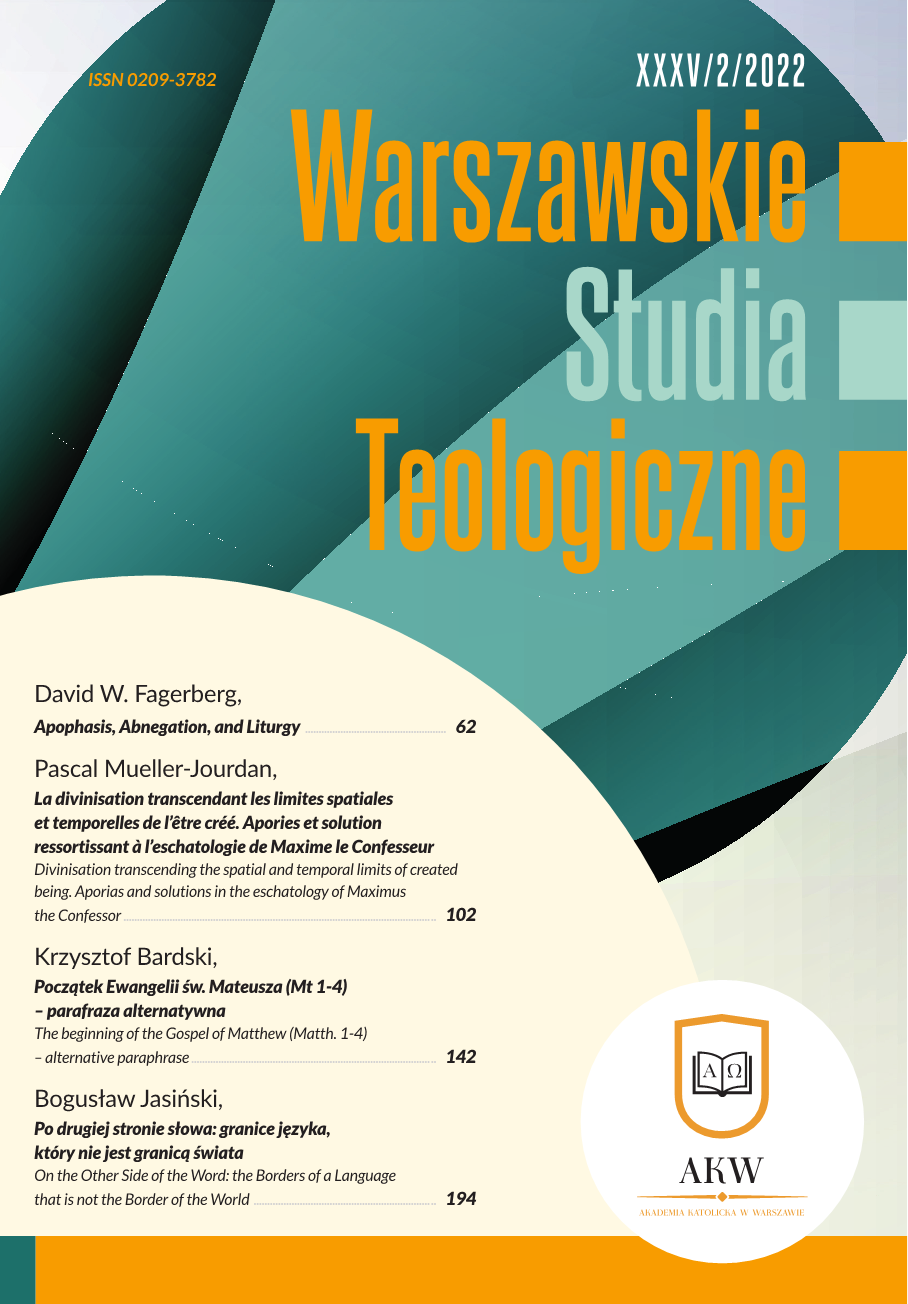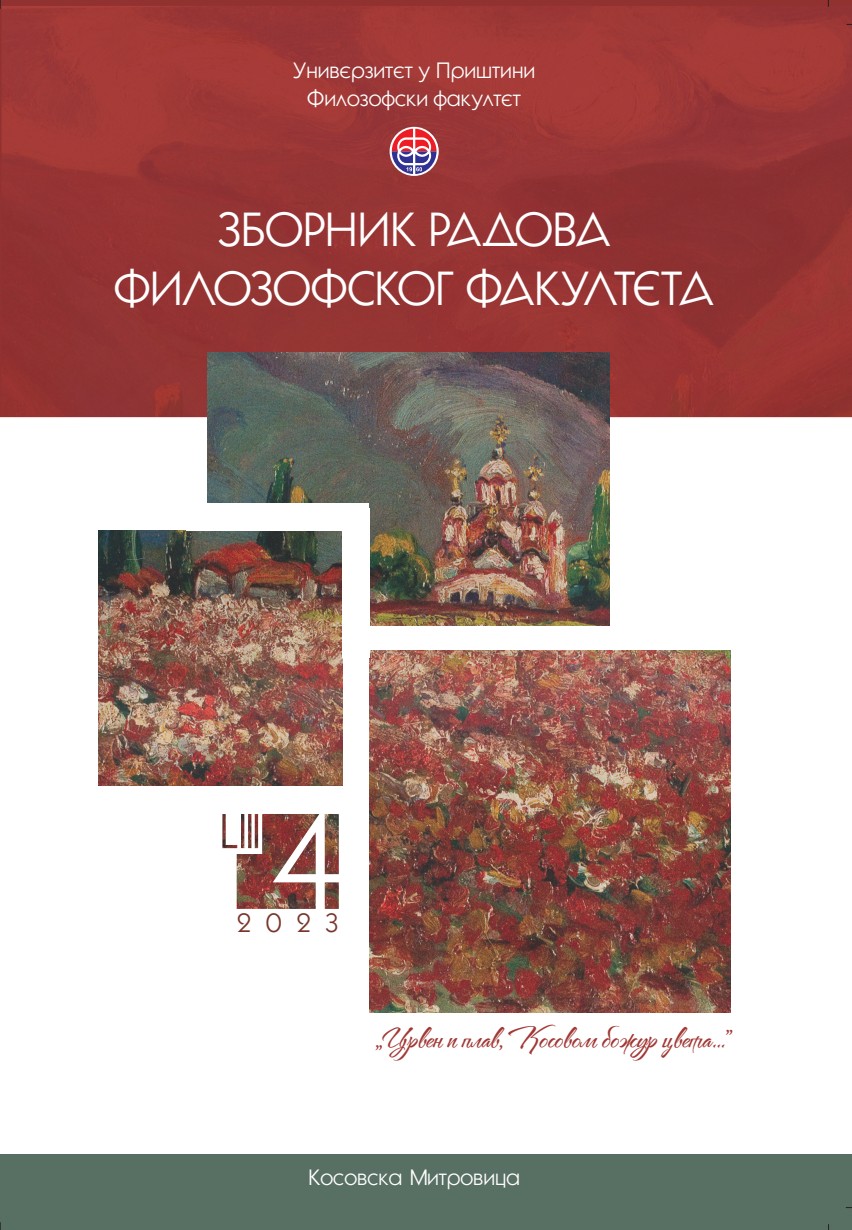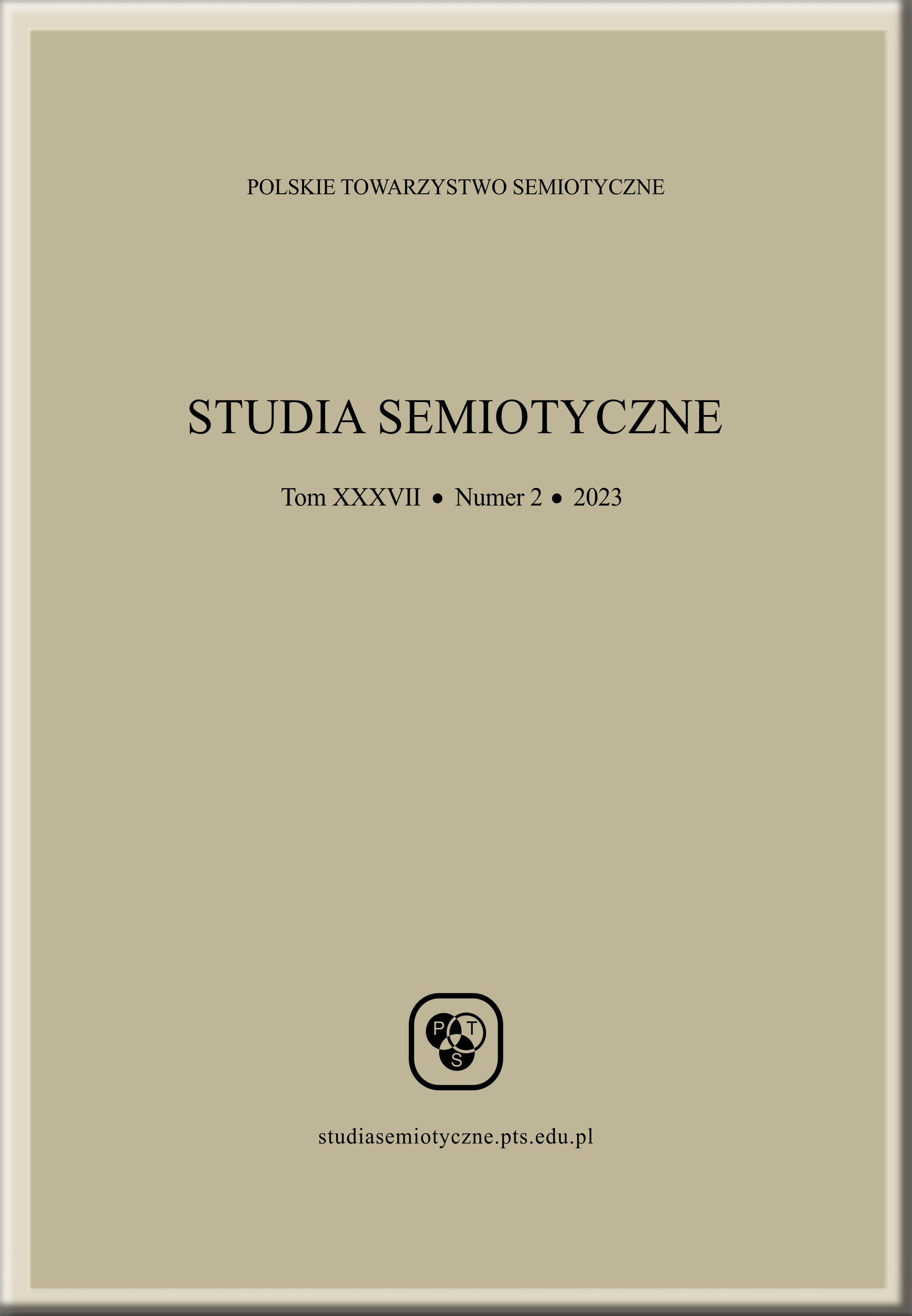Author(s): Dalibor M. Kesić / Language(s): English
Issue: 15/2016
Acquisition of knowledge can be greatly facilitated if it coincides with one’s personal experience. Fortunately, in the majority of cases it does. The postulated truths are attested in everyday, common circumstances. But as we go from concrete towards abstract knowledge, that is from the sphere of empiric towards the sphere of experiential abstract-theoretical knowledge, the empirical side begins to lose its predominance, and the experiential side gains momentum. If we consider, further on, that different individuals do not experience identical but similar elements, it would lead to the conclusion that the reality presented to one individual is never the same as that presented to another. In other words, every living being has its own world impervious to the worlds of others. In a situation like that, no communication would seem possible. If a few ingenious individuals ever managed to create a language under such conditions, all their language signs would have totally subjective, personal meanings, based on their specific experiences, different and totally isolated from the experiences of others. Nobody would be able to learn a single word from others; translation from one language into another would be out of question, and, generally, people would not be able to understand each other. And yet, people do communicate, with varying degrees of success though, and children do manage to learn copious amounts of words from their parents and other people in their surroundings, and it is possible to translate meanings from one language into another, which means that there is intersubjective language and there are intersubjective symbolic forms in general. This paper aims to explore the ways these facts can be reconciled, with a particular view to the facility of language as a means of forging both veracious and illusionary realities.
More...
